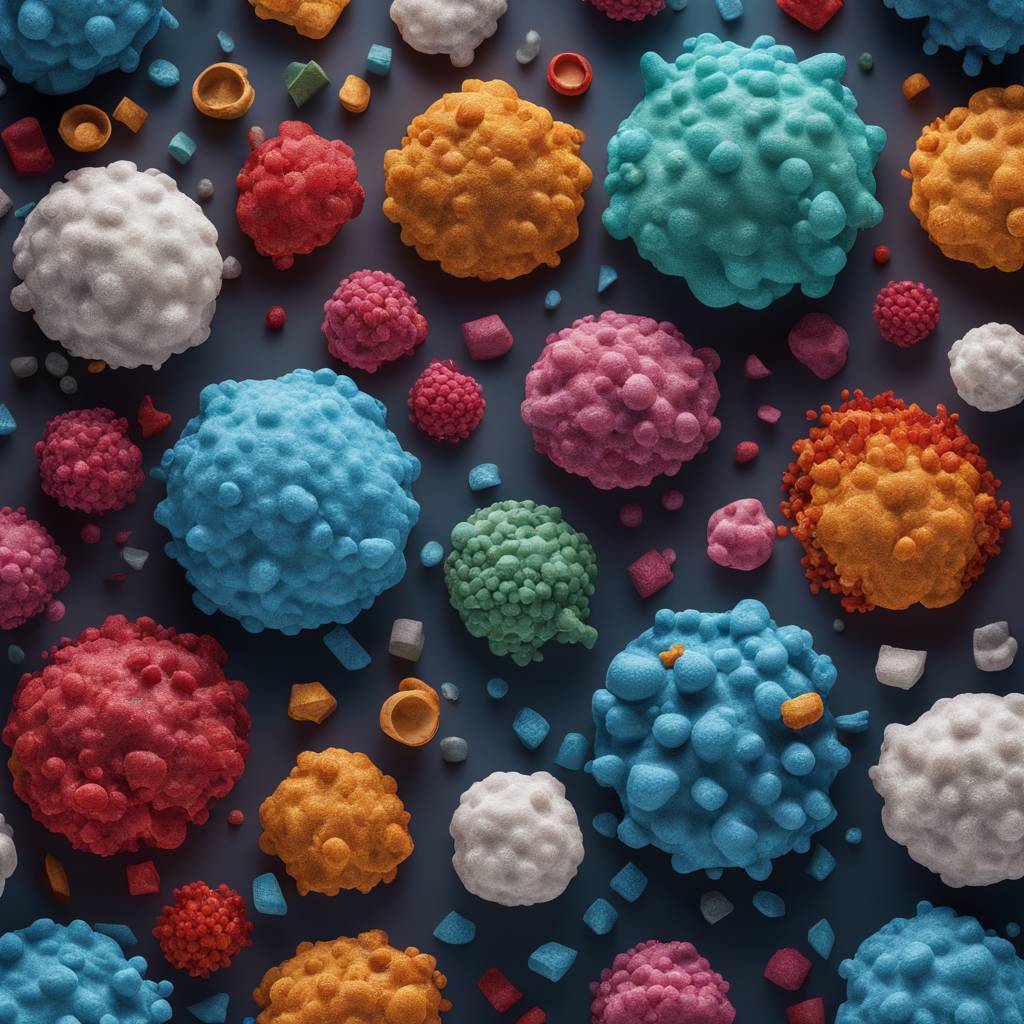The Johns Hopkins Kimmel Cancer Center and its Ludwig Center and Lustgarten Laboratory have developed a novel treatment for leukemias and lymphomas that arise from immune system T cells. This therapy, an antibody-drug conjugate (ADC), targets a protein called TRBC1 expressed on the surface of T-cell cancers and combines it with an anti-cancer drug called SG3249. The ADC works by using the antibody to seek out cancer cells expressing TRBC1, where SG3249 is released and kills the cancer cells. This breakthrough was published in Nature on March 27, offering hope for patients with these difficult-to-treat cancer types.
T-cell leukemias and lymphomas affect approximately 100,000 patients worldwide each year, with limited treatment options and low survival rates for those with relapsed T-cell cancers. Developing therapies for T-cell cancers is challenging because wiping out both normal and cancerous T cells can leave patients without a functioning immune system, making them vulnerable to infections. The team at Johns Hopkins aimed to develop a cancer-specific therapy that would selectively target TRBC1-expressing T cells while preserving normal T cells expressing TRBC2 to maintain some level of immune system protection.
Previous attempts to target TRBC1 cancers using CAR T-cell therapy showed limited success due to the lack of persistence of CAR T cells inside patients. This led to the investigation of the ADC approach, which demonstrated promising results in preclinical mouse models of T-cell cancers. A single treatment with the anti-TRBC1-SG3249 ADC combination showed signs of cancer elimination within seven days, with no recurrences observed even after more than 200 days. The treatment successfully eliminated the cancer while preserving half of the remaining normal T cells, providing hope for a more effective and safer treatment option.
The successful preclinical efficacy of the ADC treatment has sparked optimism among the research team, with plans to advance the therapy through further research and clinical trials. The potential of this approach to address the unmet need in oncology and make a difference for patients suffering from these challenging cancers is a driving force for the investigators. Collaborating with an industry partner, the team is preparing for early-phase safety and efficacy trials in human patients to further evaluate the treatment’s effectiveness.
Supported by various funding sources, including The Virginia and D.K. Ludwig Fund for Cancer Research, Lustgarten Foundation for Pancreatic Cancer Research, and National Institutes of Health, the study’s co-authors at Johns Hopkins are committed to advancing this novel therapy for T-cell leukemias and lymphomas. The dedication and enthusiasm of the researchers, along with the promising results in preclinical models, offer hope for a new and potentially life-saving treatment option for patients facing these rare and aggressive cancers.













